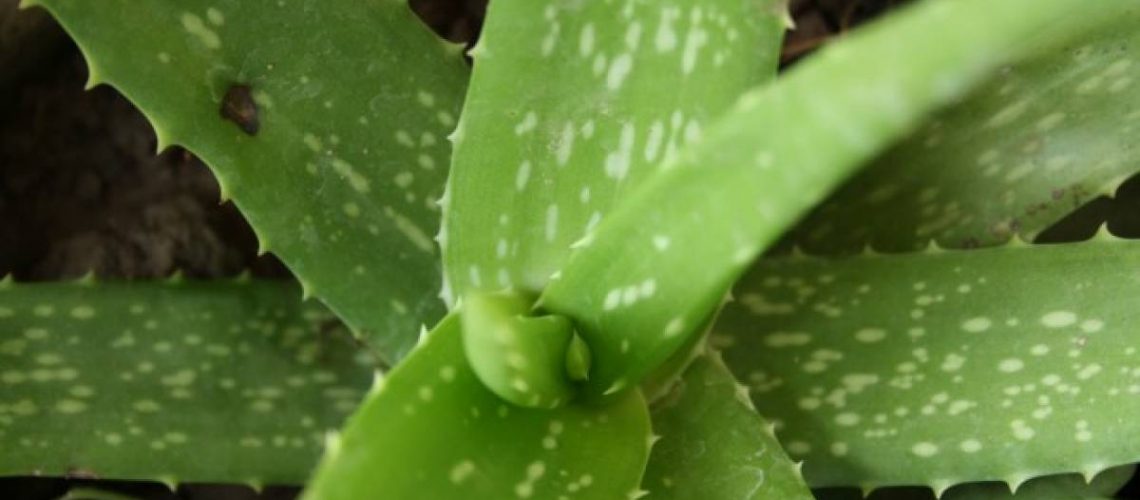The Aloe vera plant has a rich—even divine—history. Ancient Egyptians referred to it as the “plant of eternity”; the Mayans titled it “the fountain of youth”. The benefits of Aloe vera have been recognized by many cultures for centuries.
Today, you can find Aloe vera in a myriad of beauty and health products. The plant is still praised for its therapeutic properties, we just happen to have more research to back it up.
Aloe vera is a succulent plant; in addition to being a great addition to your décor, its leaves hold a translucent gel that can be ingested or applied topically. This gel stores the plant’s highest amount of phytonutrients, including vitamins, enzymes, and amino acids.
Your experience with Aloe vera has mostly likely involved a wicked sunburn. However, the healing properties of Aloe vera are far more reaching than a goo you plop on after the beach. Referencing this collective review, we map out the top researched benefits of Aloe vera.
Increased collagen content
Topical application of Aloe vera has been shown to increase collagen content. Collagen is a structural protein that gives our skin strength and elasticity. Collagen production slows as we age; therefore, increasing collagen content is beneficial for anti-aging. Increased collagen content has also been shown to accelerate the healing of wounds and the breaking down of scar tissue.
Protective against free radicals
Aloe vera gel contains a myriad of antioxidants including minerals and vitamins A, C, and E. Antioxidants neutralize free radicals, which can be absorbed through the skin from exposure to the sun and pollution.
Anti-inflammatory
Aloe vera gel includes fatty acids, hormones, and amino acids that have anti-inflammatory properties. This proves beneficial when we don’t wear sunscreen (tisk, tisk) and for targeting specific skin concerns.
Moisturizing
Aloe vera gel moisturizes in several ways. First, polysaccharides, a type of carbohydrate, help to bind moisture to the skin. Second, Aloe vera binds epidermal cells to soften the skin. Third, amino acids work to soften hardened skin cells. The ultimate moisturizing trio, if you ask us.
While great for treating sunburns, Aloe vera should be considered more than just a summer necessity. We chose Aloe vera as an ingredient in the first two steps of our skincare routine to moisturize and soothe. Hey, if it was good enough for Cleopatra’s daily skincare routine, then we consider it good enough for ours.
I am deeply convinced that each patient needs a unique, individual approach. Therefore, I use different psychotherapy methods in my work. During my studies, I discovered an in-depth interest in people as a whole and the belief in the inseparability of mind and body, and the importance of emotional health in physical health. In my spare time, I enjoy reading (a big fan of thrillers) and going on hikes.
[email protected]
- CBD Topicals By JustCBD UK-Skin Bliss: Navigating the World of CBD Topicals with JustCBD UK - October 19, 2023
- Aloe Vera: The Plant of Eternity - February 20, 2023
- Cibdol CBD review - October 25, 2022



